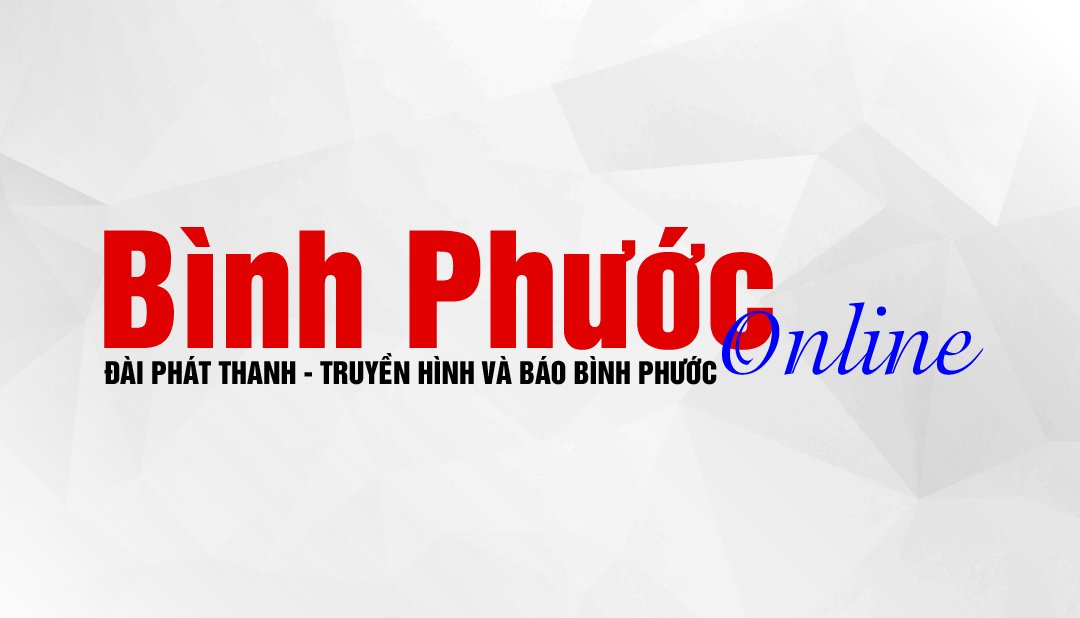The complexities of gender rules for women's sports have come into focus following the end of women's boxing at the Paris Olympics, as well as cases where athletes such as Algeria's Imane Khelif and Taiwan's Lin Yu-ting were subjected to gender-based abuse and were suspected of being transgender.
Historically, female athletes of color have faced scrutiny and discrimination when it comes to gender testing and false accusations that they are male or transgender.
Here's a look at gender testing in sports and its complexities amid changing attitudes toward gender equality.

Imane Khelif of Algeria celebrates after defeating Janjaem Suwannapheng of Thailand in the women's 66kg boxing semifinal at the Paris Olympics, August 6. Photo: AP
What are the criteria for determining a female athlete?
Testosterone levels, not XY chromosomes, are the most important criteria for qualifying a female athlete for Olympic events as developed and approved by the sport's governing body.
That’s because some women, who are born female, have a condition called disorders of sex development (DSD) that causes their natural testosterone levels to be higher than the typical female range. Some sports governing bodies say this gives them an unfair advantage over other women who compete.
Caster Semenya, the 2012 and 2016 Olympic 800-meter champion, has DSD. She is banned from competing in Paris unless she undergoes medical intervention to reduce her testosterone. However, she is still involved in a legal battle over the track’s rules, now in its seventh year.
Testosterone is a naturally occurring hormone that increases bone and muscle mass and strength after puberty. Testosterone levels in adult men are many times higher than in women, reaching about 30 nanomoles per liter of blood (nmol/L) compared to less than 2 nmol/L in women.
In 2019, at a Court of Arbitration for Sport hearing, the athletics governing body argued that female athletes with DSD are “biologically male”. Semenya said she was deeply hurt by this.
Semenya took oral contraceptives from 2010 to 2015 to reduce her testosterone levels and said they caused a host of unwanted side effects: weight gain, fever, constant nausea and abdominal pain, all of which she experienced while running at the 2011 world championships and the 2012 Olympics.

South African athlete Caster Semenya at the World Athletics Championships, July 20, 2022. Photo: AP
Each sport has its own rules.
Each governing body for each Olympic sport is responsible for drafting its own rules, from the competition venues to who is eligible to participate.
Since the 2021 Tokyo Olympics, World Athletics has tightened its eligibility rules for female athletes with DSD. Starting in March 2023, they must reduce their testosterone levels to below 2.5 nmol/L for six months, usually through hormone suppression treatment, to be eligible to compete. That’s half the 5 nmol/L recommended in 2015 for athletes competing in distances from 400 meters.
With the World Swimming Federation, the Athletics Federation has banned transgender women from competing in women's races if they have gone through puberty as a man, and the World Cycling Union followed suit last year.
Swimming organization regulations also require transgender female athletes to maintain testosterone levels below 2.5 nmol/L.
Regulations are still inconsistent
Many sports organizations strive to create a level playing field for all athletes. They also argue that in combat and contact sports like boxing, physical safety is an important consideration.
In Semenya's case, judges at the Court of Arbitration for Sport acknowledged that discriminating against some women was "a necessary, reasonable and proportionate measure" to protect fairness.
Sometimes the IOC is very powerful, sometimes it is powerless. The Swiss-based organization administers the Olympic Charter, owns the Olympic brand, selects the host country and provides sponsorship through the billions of dollars it earns from selling broadcasting rights.
So as Olympic sports review and update how they handle gender eligibility issues, including transgender athletes, the IOC released advice in 2021 on creating a “safe, harassment-free environment” that respects athletes’ identities to ensure fair competition. But those aren’t binding rules.
However, the regulations governing boxing eligibility have not kept pace with other sports and these issues were not resolved before the Paris Olympics.
At the 2023 world championships, Khelif and Lin were disqualified by the International Boxing Association and denied medals for failing to pass the qualifying tests for the women's competition.
Ngoc Anh (according to AP)
Source: https://www.congluan.vn/viec-xac-dinh-gioi-tinh-vdv-nu-o-lympic-phuc-tap-nhu-the-nao-post307055.html



















Comment (0)